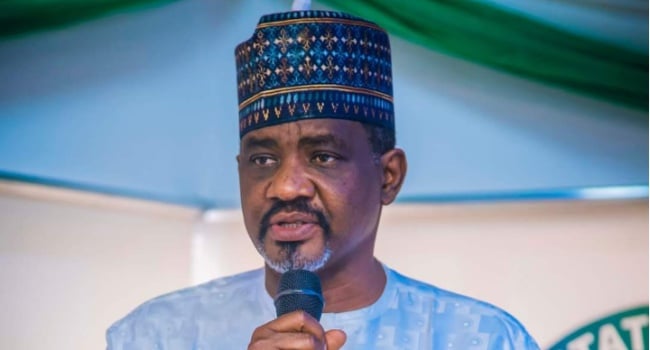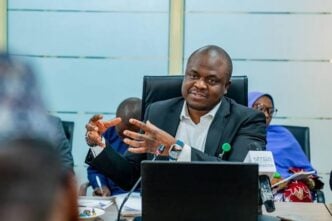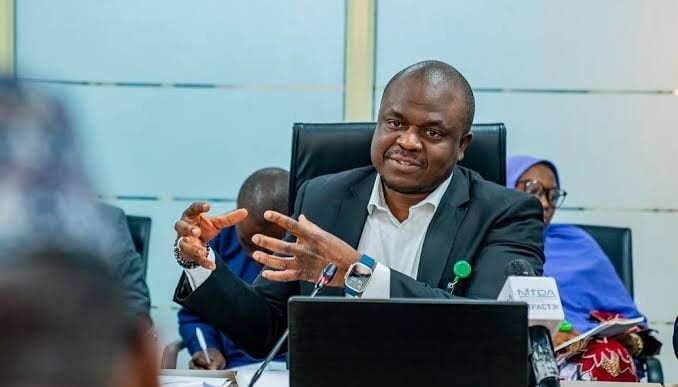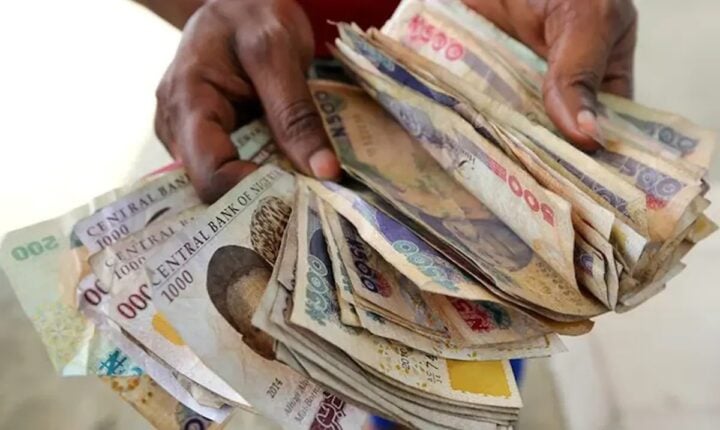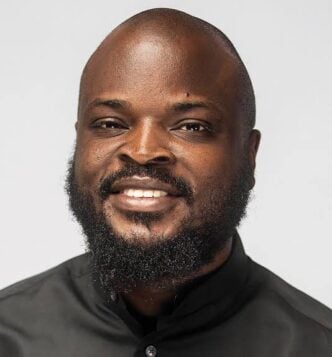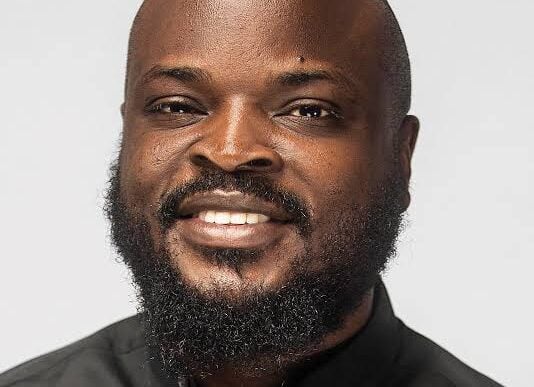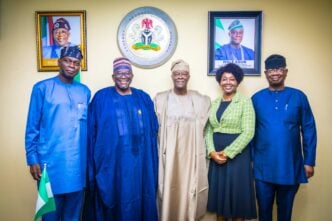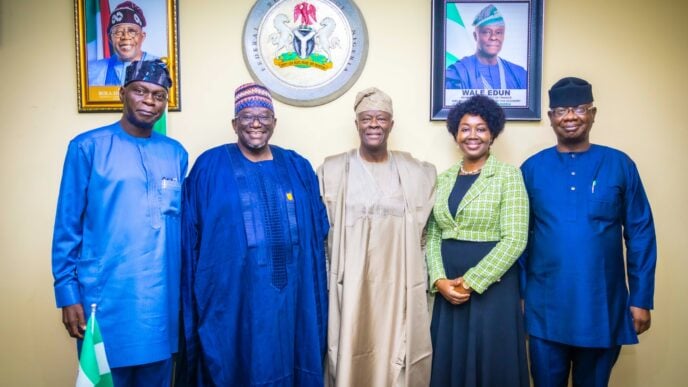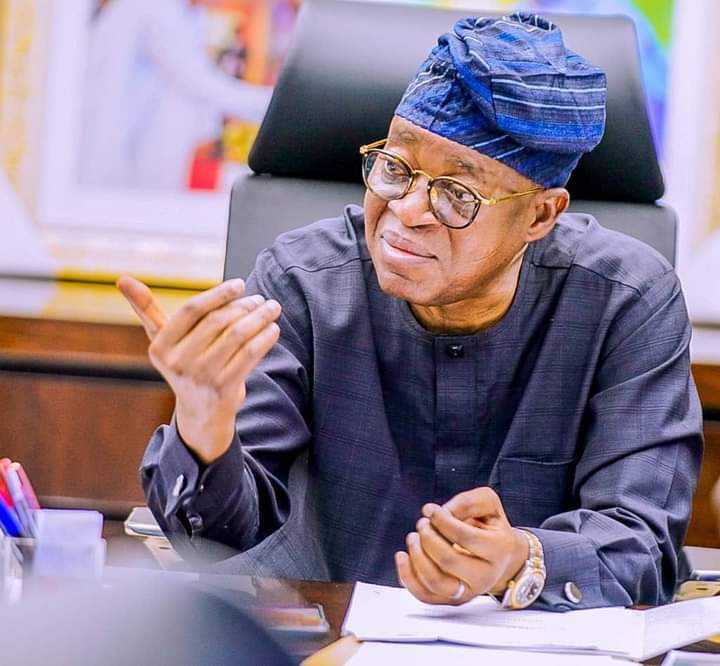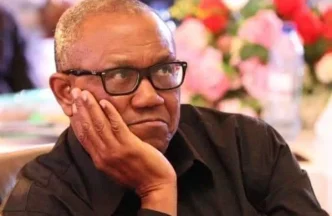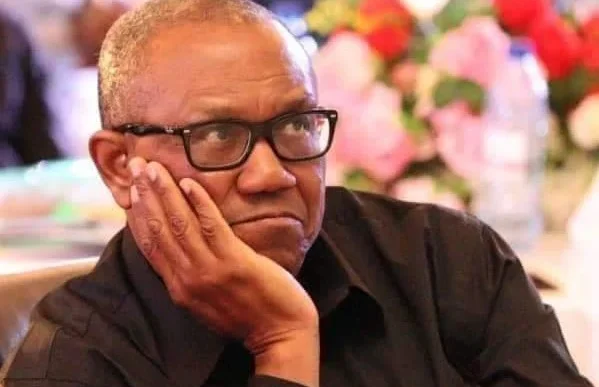Mukhtar Ahmed, commissioner for planning and budget
The Kaduna state government says it recorded N91.23 billion in total revenue in the first half (H1) of 2025.
According to a statement on Tuesday, Mukhtar Ahmed, commissioner for planning and budget, spoke during a stakeholders’ engagement on the state’s 2025 budget implementation report for the first and second quarters.
“As at the end of the second quarter of 2025, Kaduna state recorded an actual total revenue of N91,232,312,135.21, while year-to-date (YTD) total expenditure stood at N89,202,307,325.45,” Ahmed said.
“These figures contributed to the cumulative half-year budget performance of N340,296,244,691.21 for revenue and N208,760,832,569.21 for expenditure, representing 43.1 percent and 26.4 percent performance against the 2025 original budget, respectively.”
Advertisement
He also presented highlights of the draft 2026–2028 medium-term expenditure framework (MTEF), noting that the period would require “reinforced investments in climate-resilient infrastructure, disaster risk management, and ecosystem restoration, alongside accelerated mitigation actions”.
Ahmed said the state regularly involves citizens in budget preparation and review in line with its commitment to the open government partnership (OGP) and campaign promise of Uba Sani, governor of Kaduna.
The commissioner said community engagement was one of the governor’s components of the campaign manifesto, adding that he has been conducting town hall meetings to get the input of the public during budget preparation.
Advertisement
Ahmed said Kaduna was one of the first subnational governments to sign the OGP, which promotes citizens’ participation in the budget cycle.
“This stakeholders engagement is in fulfilment of both the governor’s campaign promise and in compliance with open government partnership,” he said.
“This edition of stakeholders engagement is unique because it is the first time that children were invited because they also have a voice and deserve to know how their money is being spent.”
The statement added that the meeting was attended by civil society organisations, women’s groups, persons with disabilities, academics, professional bodies, students, and the media.
Advertisement
